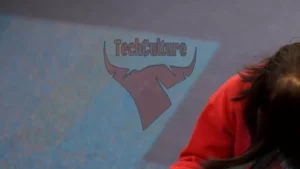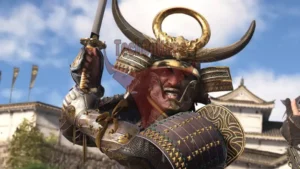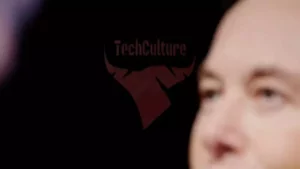New York Times Lawsuit Against OpenAI Enters Discovery Phase
In a significant development in the ongoing legal battle between The New York Times and OpenAI, Judge Ona T. Wang has denied OpenAI’s request for information regarding the Times’ use of artificial intelligence. The lawsuit, which alleges copyright infringement by OpenAI for unauthorized use of the Times’ articles in training ChatGPT, is currently in the discovery phase.
Judge Wang, in explaining her decision, drew an analogy comparing OpenAI to a video game company and the Times to a copyright holder. She clarified that while a copyright holder might need to provide documents related to interactions with the infringing company, broad information unrelated to the case was irrelevant. Consequently, the judge deemed OpenAI’s request for details on the Times’ AI usage as immaterial to the lawsuit.
The case has encountered some procedural hurdles, with OpenAI engineers accidentally deleting evidence gathered by the Times’ lawyers. However, the majority of the data has been recovered, and there is no indication of intentional deletion.
This lawsuit is part of a broader trend of copyright disputes against OpenAI. Other media outlets, including the New York Daily News and The Intercept, have filed similar lawsuits. However, some cases, such as those from Raw Story and AlterNet, were dismissed due to a lack of demonstrated harm.
The legal landscape extends beyond news organizations, with authors like Sarah Silverman also suing OpenAI for using their books without consent in training datasets. Silverman has publicly expressed the challenges of taking legal action against powerful tech entities.
OpenAI maintains that it uses publicly available information, third-party partnerships, and user-provided data for developing its services. Some media companies, like Axel Springer, have opted to partner with OpenAI, licensing content for significant sums.
As the case progresses, both OpenAI and the New York Times have refrained from public comments on the ongoing legal proceedings. The outcome of this lawsuit could have far-reaching implications for the use of copyrighted material in AI training and the future of content licensing in the digital age.



